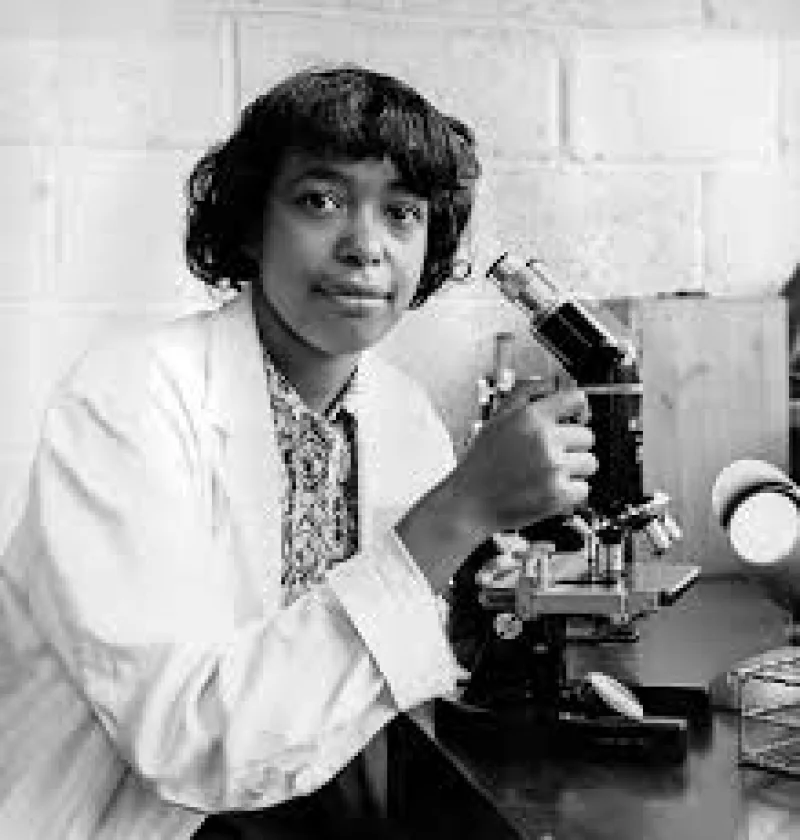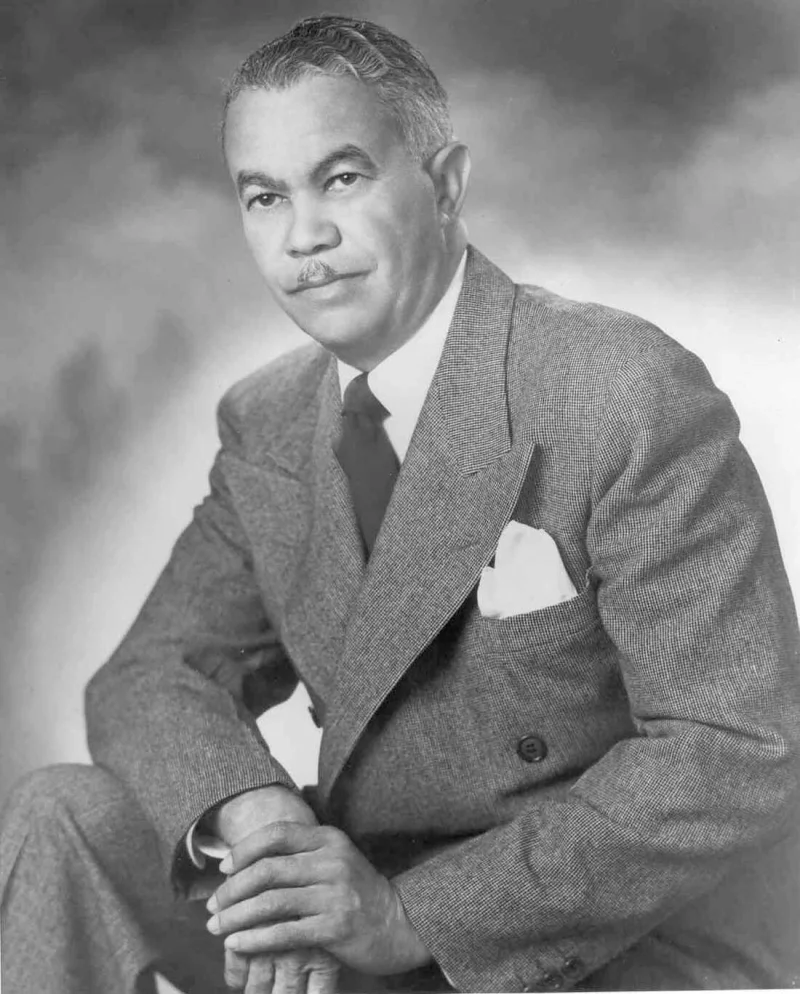Short Summary
Patricia Bath was a pioneering American ophthalmologist known for her groundbreaking work in the field of eye health, particularly for inventing the Laserphaco Probe, which revolutionized cataract surgery. She was the first African American woman to receive a medical patent and was dedicated to fighting preventable blindness. Bath's contributions to medicine and her advocacy for health equality have left a lasting impact, making her a celebrated figure in both medical and social justice circles.
Early Life & Education
Patricia Bath was born on November 4, 1942, in Harlem, New York. Her father, Rupert Bath, was the first African American motorman for the New York City subway system, and her mother, Gladys Bath, was a domestic worker. Patricia's parents encouraged her interest in science from a young age. She attended Charles Evans Hughes High School and excelled in academics, which led to her being awarded a National Science Foundation scholarship during a summer program at Yeshiva University. Bath went on to earn a Bachelor of Arts in Chemistry from Hunter College in 1964 and subsequently received her Doctor of Medicine degree from Howard University College of Medicine in 1968.
Career Highlights
Patricia Bath's career was marked by several significant milestones. After finishing her medical degree, she completed a fellowship in ophthalmology at Columbia University. In 1974, she became the first African American to complete a residency in ophthalmology at New York University. Bath co-founded the American Institute for the Prevention of Blindness in 1976, which emphasized the importance of eyesight as a basic human right. Her most notable contribution came in 1986 when she invented the Laserphaco Probe, a device that improved cataract treatment and surgery, making the procedure safer and more effective.
Major Achievements
- Patented the Laserphaco Probe, revolutionizing cataract surgery through laser technology.
- Became the first African American woman to hold a medical patent.
- Co-founded the American Institute for the Prevention of Blindness, promoting vision as a fundamental human right.
- First woman in the United States to lead a post-graduate training program in ophthalmology.
- First African American female doctor to receive a patent for a medical purpose.
Famous Quotes
- "The ability to restore sight is the ultimate reward."
- "I had a few obstacles, but I had to shake my head and keep going."
Interesting Facts
- Patricia Bath was the first woman elected to the honorary staff of the UCLA Medical Center.
- She was inducted into the International Women's Forum Hall of Fame in 2001.
- Bath was an advocate for telemedicine, recognizing its potential to provide medical care in underserved areas.
- Her Laserphaco technology has been used in over 100 countries.
- She held five patents in total, all related to ophthalmology.
Legacy / Influence
Patricia Bath's legacy is profound in the field of ophthalmology and beyond. Her innovative contributions to cataract surgery have improved the vision of millions worldwide. Additionally, her advocacy for health equality and her role as a trailblazer for women and African Americans in medicine have inspired countless individuals to pursue careers in science and medicine. Her work continues to serve as a foundation for ongoing advancements in eye health.
FAQ
Q: Why is Patricia Bath famous?
A: Patricia Bath is famous for inventing the Laserphaco Probe, which revolutionized cataract surgery, and for being the first African American woman to receive a medical patent.
Q: What was Patricia Bath's major contribution to medicine?
A: Her major contribution was the invention of the Laserphaco Probe, a device that improved the safety and effectiveness of cataract surgery.
Q: Did Patricia Bath receive any patents?
A: Yes, she received five medical patents, including the one for her groundbreaking Laserphaco Probe.
Q: What was Patricia Bath's educational background?
A: She earned a Bachelor of Arts in Chemistry from Hunter College and a Doctor of Medicine degree from Howard University College of Medicine.











